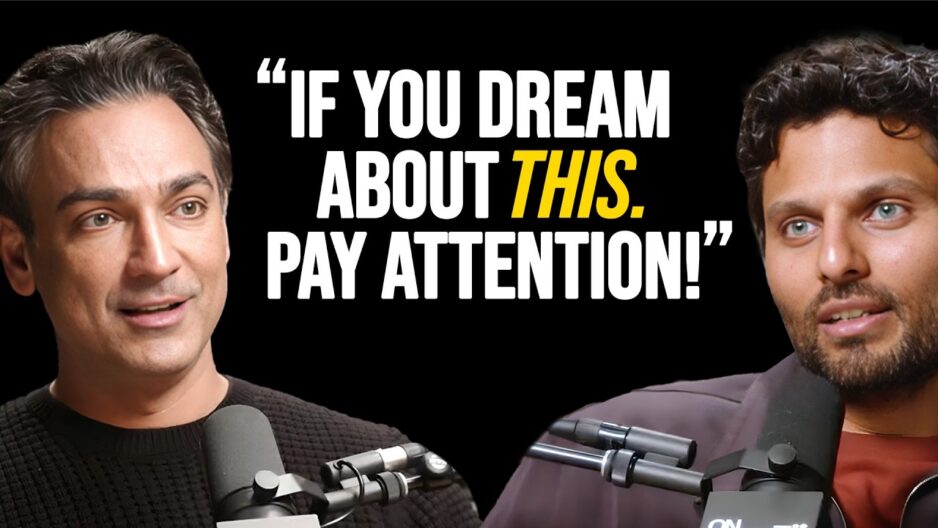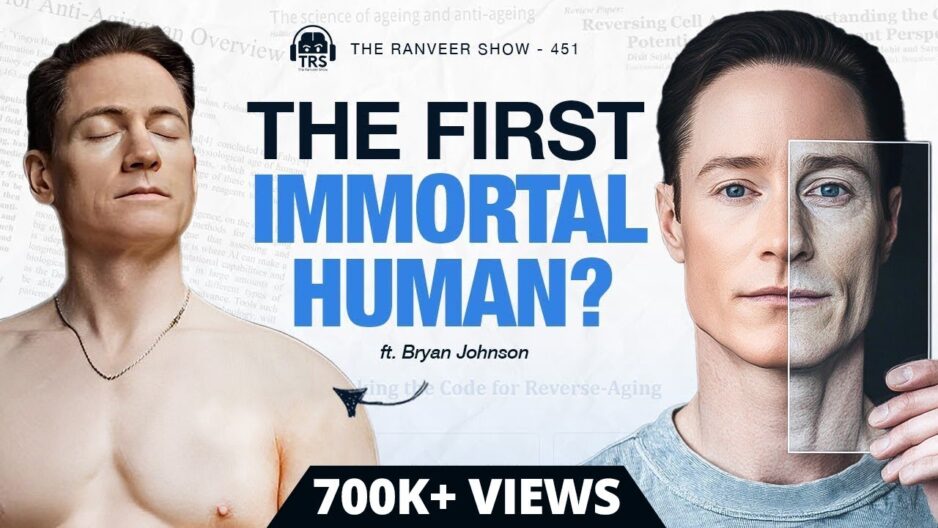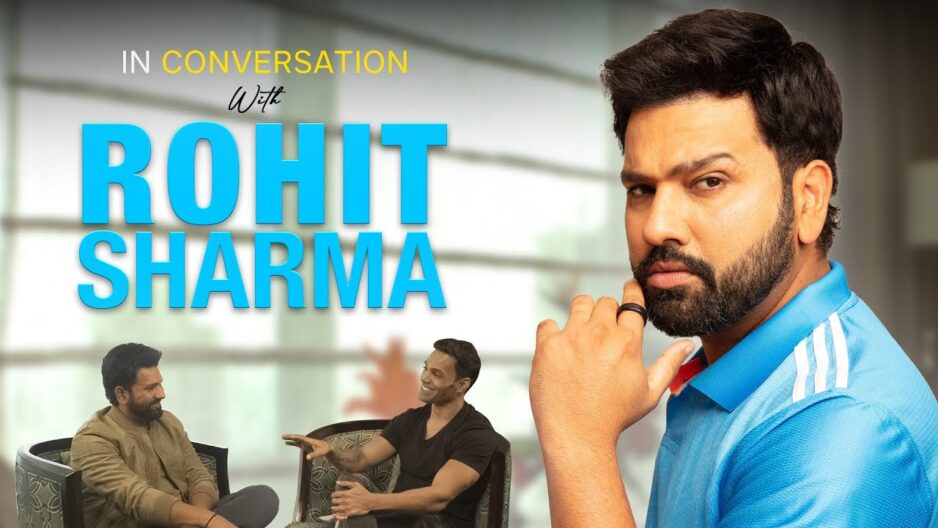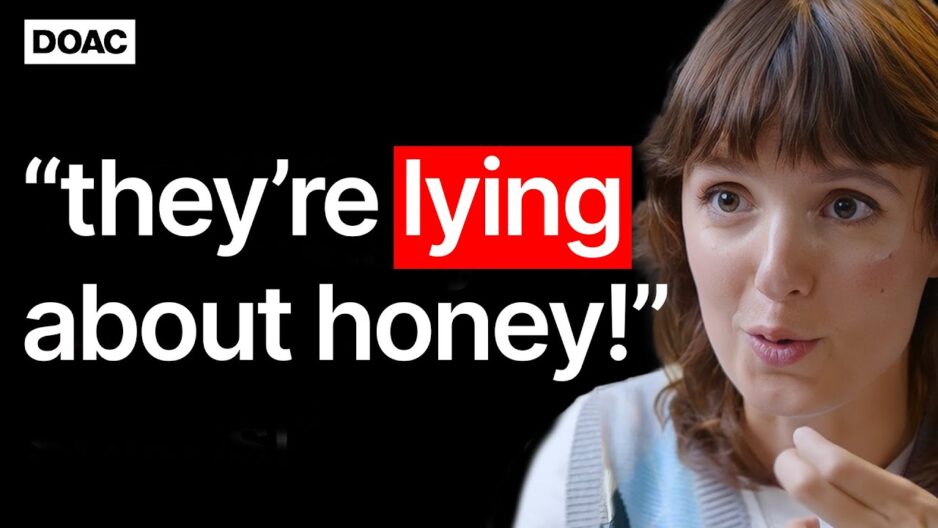In this fascinating interview, Dr. Rahul Jandial—a brain surgeon and neuroscientist—slips into the mysterious world of dreams. He explains the science behind why we dream, what dreams mean, and how they impact our emotions and thinking. The discussion covers everything from why we have nightmares to the phenomenon of lucid dreaming and even practical ways to remember our dreams better. Dr. Jandial also explores how dreams could be used for therapy and gives tips on how to tap into their potential benefits.
Educatekaro discovered these Key Points:
- What Dreams Are:Dreams are a vivid mental state where our brains process emotions and experiences. They occupy about one-third of our lives, creating a unique state of consciousness that’s different from when we’re awake.
- Why We Have Nightmares:Although they seem scary, nightmares help us deal with fears and anxieties. They’re especially common in children and play a role in their emotional growth.
- Lucid Dreaming:Lucid dreaming happens when a person realizes they’re dreaming and can control parts of the dream. During lucid dreams, brain activity shows that people can make conscious decisions, unlike in regular dreams.
- Remembering Dreams:Techniques like focusing on how you fall asleep and wake up can help you remember dreams better. Writing in a journal right after waking up also helps capture what happened in the dream.
- Dreams Reflect Daily Life:Dreams often reflect the stresses and situations we face in real life, giving us a space to process emotions or solve problems creatively. They can reveal hidden fears or desires, helping us understand our subconscious better.




